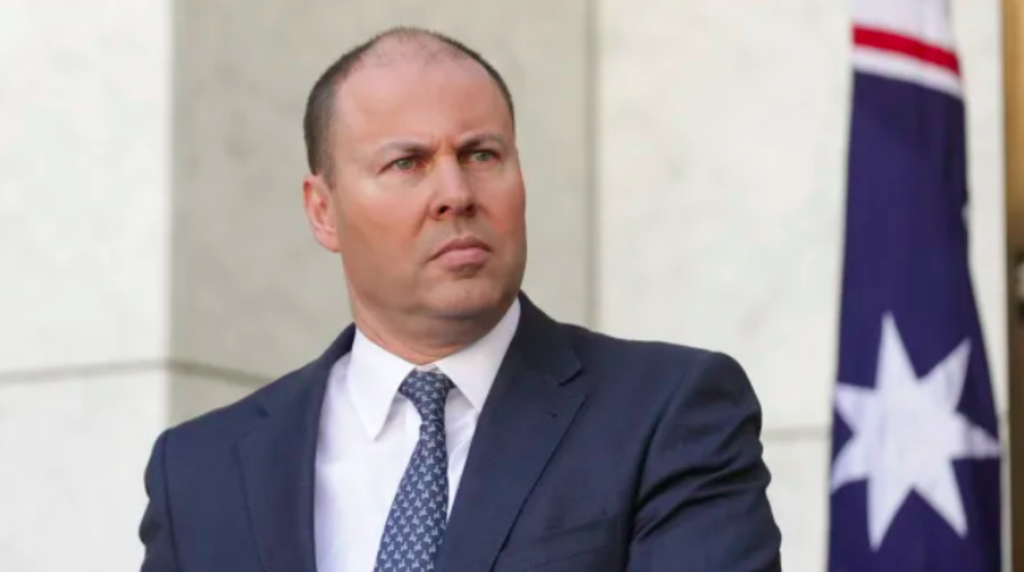
Property employers fight to access JobKeeper payments
Companies including Stockland, Lendlease and Meriton are fighting for inclusion in the federal government’s COVID-19 JobKeeper allowance scheme, after rules drawn up for the $1500-a-fortnight payment excluded businesses that employ staff and receive income in different legal entities.
While companies hit by the pandemic can claim the JobKeeper allowance for eligible employees if their income drops more than 30 per cent, or by 50 per cent for large groups with a turnover exceeding $1 billion, some miss out because they employ staff through one entity, while managing operational aspects in another.
The turnover test is applied to each entity separately, so while the income-producing operating arm may suffer a slump in earnings, turnover of the services entity employing staff – which receives a regular payment to do so – may have a stable turnover and not qualify.
Such structures, common in industries such as retail property management, hospitality and student accommodation, are leaving many businesses unable to claim the ATO-administered allowance.
A range of industry groups are in negotiations with the tax office over eligibility for the allowance, applications for which opened this week. The first payments are due to be made on April 30.
“We have identified some technical issues related to the design of the scheme which make it harder for property companies to access the scheme, even where they have suffered falls in turnover at the threshold which the scheme is designed to address,” a Property Council of Australia spokesman said.
The Commissioner of Taxation can tweak eligibility for the scheme.
“The commissioner is given a discretion by the JobKeeper payment rules to create an alternative decline in turnover test for a class of entities where there is not an appropriate relevant comparison period,” an ATO spokeswoman said.
“The commissioner can only determine an alternative decline in turnover test if the commissioner is satisfied that there is not an appropriate relevant comparison period.”
The problem was an unintended consequence of rules drafted quickly before the Easter long weekend, K&L Gates partner Matthew Cridland said.
Stockland chief executive Mark Steinert said JobKeeper was intended to support big and small businesses in the crisis.
“The rules need to be flexible to achieve that goal, including considering individual business entities being eligible within larger groups,” he said.
A further complication affecting some companies, including Lendlease, is that retirement living operators which receive revenue, such as ingoing contributions or deferred management fees, do not qualify for JobKeeper.
The rules state that “turnover” does not include income from so-called input taxed supplies, such as ingoing contributions from residents entering care facilities or deferred management fees paid when those residents exit – even though it is the primary form of income for those businesses.
“Lendlease is working constructively with the ATO on the practical application of the JobKeeper subsidy,” a spokesman said.











